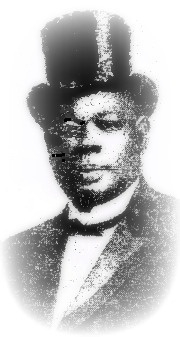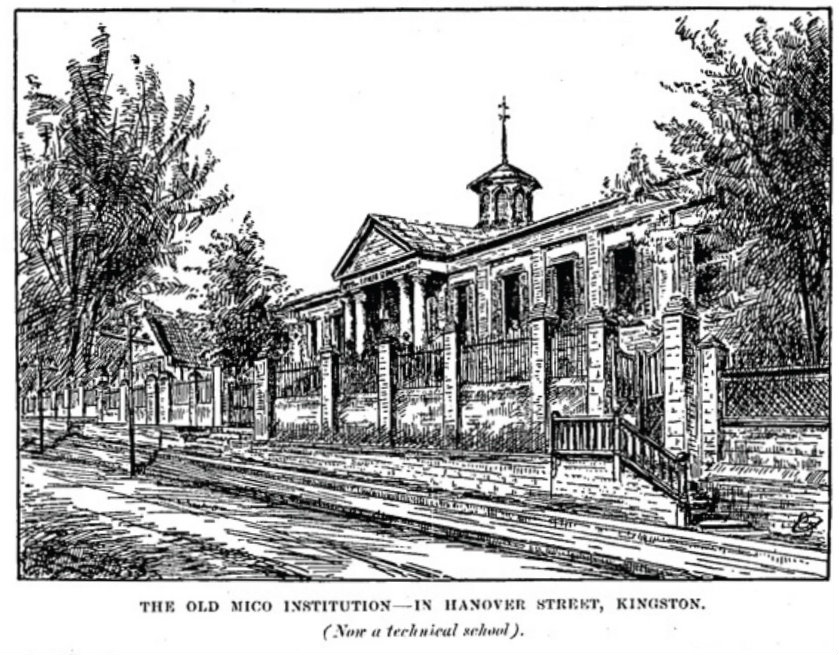| Jamaicans abroad |
|
- start here
-
in North America
- ~ John Brown Russwurm
- ~ Robert Campbell >
- ~ Robert Sutherland
- ~ Susan Agnes Bernard >
- ~ Shackleton Balm Slack >
- ~ Raphael J. de Cordova >
- ~ Robert Brown Elliott >
- ~ Henry Laird Phillips >
- ~ Joel Augustus Rogers >
- ~ Wilmot A Barclay
- ~ Robert Josias Morgan/Fr Raphael >
- ~ Samuel Benjamin Marlowe >
- ~ James Samuel Watson >
- ~ Walter Vivian Moses
- ~ Eugene Nathan Thornley
- ~ Frank Olivier duCille >
- Maurice Ashley
- in Britain
- and everywhere else
Jamaica.history 2018facebook.com/Jamaica.historyjamaica [dot] history [at] outlook [dot] com |
Proudly powered by Weebly



